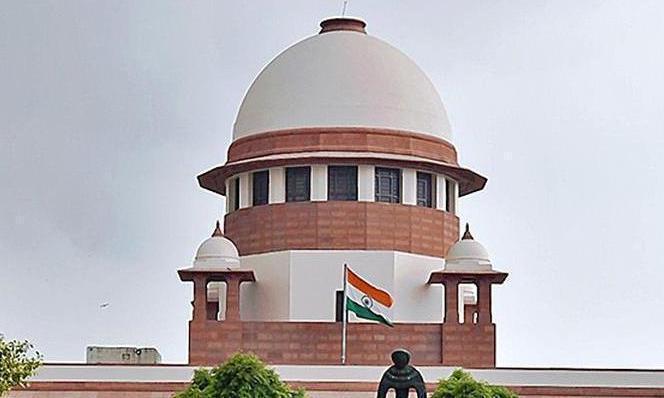
Supreme Court rejects plea demanding inquiry on electoral bonds
text_fieldsNew Delhi: Rejecting a batch of pleas that sought a court-monitored investigation into the electoral bonds scheme, the Supreme Court said on Friday that it could not order a roving inquiry into the issue, PTI reported.
A bench comprising Chief Justice D Y Chandrachud and Justice JB Pardiwala said it would be "premature" and "inappropriate" to order a probe under a retired judge when the remedies available under the ordinary law governing criminal law procedure have not been invoked.
The top court said it could not order a roving inquiry into the purchase of electoral bonds on the assumption of a quid pro quo for the award of contract.
"The court entertained petitions challenging electoral bonds since there was an aspect of judicial review. But the cases involving criminal wrongdoing should not be under Article 32 when there are remedies available under the law," the bench said.
Article 32 empowers a citizen to approach the Supreme Court directly for enforcement of their fundamental rights recognised by the Constitution.
The apex court also declined the petitioners' prayers to direct the authorities to recover the donations received by political parties through electoral bonds and to reopen their income tax assessment.
The bench said these remedies pertain to the exercise of statutory functions by authorities under the Income Tax Act.
"For the court to issue any such directions at this stage would amount to a conclusive opinion on disputed facts," it said.
"The underlying premise of the submissions made indicate that these are assumptions at the present stage and require the court to embark upon a roving enquiry into the purchase of the electoral bonds, the donations which were made to the political parties and the arrangements in the nature of quid pro quo...
"We are of the considered view that the constitution of an SIT, headed by a former judge of this court or otherwise, should not be ordered on the face of remedies which are available under the law governing both criminal procedures," the bench said.






















